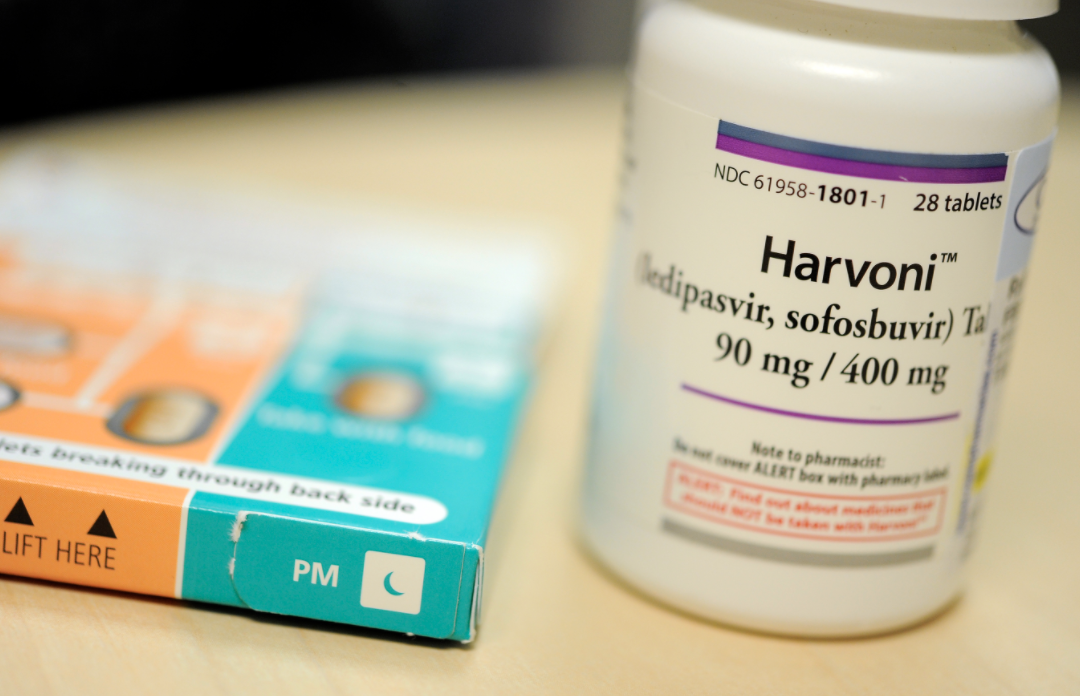
Untreated hepatitis C infection can lead to severely life-threatening illnesses: liver failure and liver cancer. Every year, around 800 Australians living with hepatitis C die from the infection.
As of March 2016, new generation direct acting antiviral (DAA) medications became available on the Pharmaceutical Benefit Scheme, for all persons living with hepatitis C in the community. DAA regimens are considered a major advance for hepatitis C therapy. DAAs cure 95% of hepatitis C cases, even if cirrhosis is present in a patient.
However, for years, asylum seekers in immigration detention were routinely denied access to life saving hepatitis C medication that was readily available in the community.
Now, owing to the work of the Asylum Seeker Health Rights Project, immigration detainees living with hepatitis C in onshore detention have access to curative medication. Under new Commonwealth government policy introduced in 2019, all people in onshore immigration detention living with hepatitis C now have access to antiviral medication.
The major breakthrough follows successful litigation for a PIAC client denied treatment, a complaint to the Commonwealth Ombudsman for a further five PIAC clients denied medication and consistent policy advocacy, including the release of our 2018 report In Poor Health: Health care in Australian immigration detention. In our litigation, PIAC exposed repeated failures by the Australian government to act on specialist recommendations, a failure to ensure continuity of healthcare when our client was transferred between facilities and misrepresentations about our client’s medical care needs to oversight bodies.
This change benefits not just those people in immigration detention who have been diagnosed with hepatitis C (with 147 new cases diagnosed in 2017-18 alone), but also staff and other detainees who face less risk of onward transmission of the disease. It also helps Australia meet its commitment to eliminate hepatitis C by 2030. As at 2 March 2020, there were a total of 34 detainees with hepatitis C in held detention.
Since 2017, PIAC’s Asylum Seeker Health Rights Project has been calling for urgent legislation and practical measures to ensure that asylum seekers receive the same standard of health care as the general community. However, the legislation that governs the treatment of people in detention does not include a guaranteed right to reasonable medical care and treatment.
We continue to seek changes to laws, policies and practices so that all people in immigration detention have access to essential healthcare to a standard equivalent to that in the Australian community.